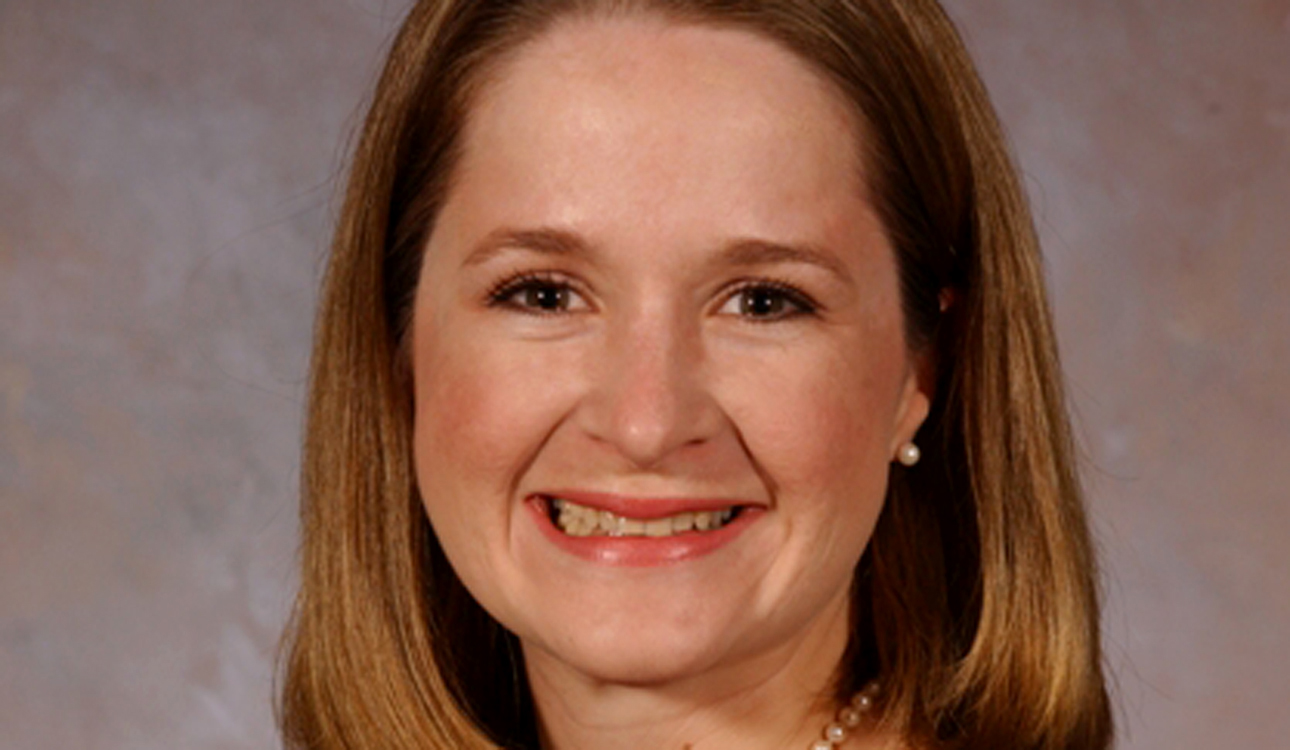
Dr. Sarah-Jane Murray receives $210,000
By Jade Mardirosian
Staff Writer
A Baylor professor has been awarded a $210,000 grant from the National Endowment for the Humanities to translate the poem “Ovide moralisé” from Old French into English, for the first time.
Dr. Sarah-Jane Murray, associate professor in the great texts program in the Honors College, will create a way for students, theologians and scholars around the world to read an important and influential work of literature, through this grant.
The “Ovide moralisé” was composed in the 14th century and consists of 15 books of metamorphoses translated from Latin to Old French by a Franciscan friar.
The friar then added lines of theological and philosophical commentary.
“I was thrilled to find out I had been selected,” Murray said. “I knew the book had to be translated and I knew the only way it would be feasible would be with the support this grant would give.”
Dr. David Lyle Jeffrey, distinguished professor of literature and humanities in the Honors College, explained in an email to the Lariat the significance of translating the “Ovide moralisé.”
“Dr. Murray’s research breaks new ground on one of the most important, yet for all that, neglected, medieval texts. It has wide influence outside of France, in English, German and even Italian literary circles,” Jeffrey wrote.
The Ovide moralisé helped systemize how classical literature is read, Jeffrey wrote.
He wrote that the writing style used by the original authors of the massive poem helped to categorize ways of reading classical literature that allowed for integration with other Christian literary texts.
Murray will have help translating the “Ovide moralisé” from scholars across the United States and Europe.
Dr. Christian Bratu, assistant professor of French at Baylor, will also assist Murray in translating the material.
Murray will also have a different undergraduate research assistant each year for all three years of the grant.
Conroe senior Preston Yancey is her current research assistant.
“It really is my hope that by having at least three student assistants work on the project, that it gives all of them the chance to have an experience that they may otherwise never have,” Murray said.
Murray said research assistants should be remembered in grants.
“It is very important to me to make it a point to request funding to pay a student to be engaged in a research project.”
Murray said that first a small paperback volume of some of the most famous stories included in the book will be translated.
The collection will be published by Baylor University Press, which Murray said she hopes will be particularly useful to students, especially those in the great texts program.
A two-volume hardcover translation of the entire poem and commentary, about 72,000 lines, will then be published.
Dr. Phillip Donnelly, director of the great texts program wrote in an email to the Lariat students would benefit from the National Endowment for the Humanities grant Murray has received.
“In addition to being a distinguished scholar of French and medieval literature, Dr. Murray excels at mentoring students in the skills and erudition required for scholarly research,” Donnelly said. “For this reason, the National Endowment for the Humanities grant will benefit many students at Baylor who are being mentored by Murray.”
Murray hopes this grant will begin a long relationship with the National Endowment for the Humanities.
The National Endowment for the Humanities is an independent grant-giving agency of the United States, dedicated to supporting research, education, preservation and public programs in the humanities.
Dr. Byron Johnson, co-director of the Baylor Institute for Studies of Religion, explained the importance of Murray and Baylor receiving this grant.
“National Endowment for the Humanities are very competitive and very prestigious and they are just plain hard to get,” Johnson said. “For Sarah-Jane Murray to win such an award speaks volumes about her and it really does help Baylor improve our reputation nationally as a serious place of scholarship. What she has done has raised the bar on scholarship and it is really an important thing for us. I look forward to the day when there are a lot of National Endowment for the Humanities grants on campus.”






